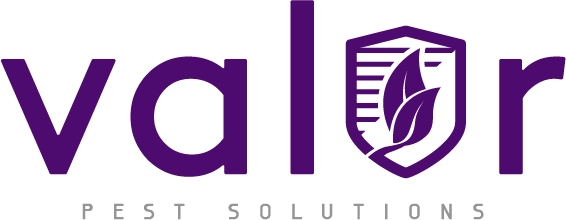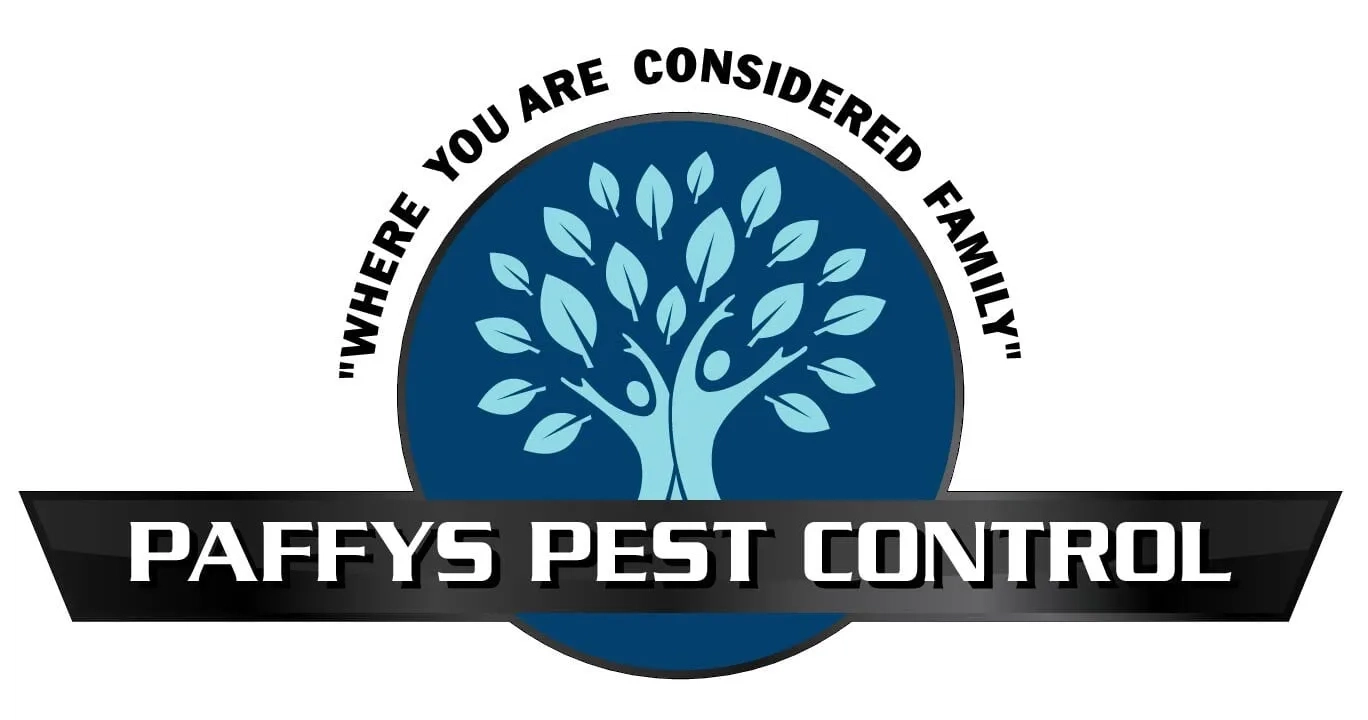How To Choose a Pest Control Company
There are several factors that you can weigh when choosing the best pest control treatment planfor you. In addition to a company's qualifications and treatment methods, you may also consider how long it has been in business and what the reviews are like. Finally, you'll likely want to look at the cost of services.
Below, we discuss each of these factors in more detail.
Does the company have a valid license and permits to perform pest control?
Per the United States Environmental Protection Agency (EPA), all pesticide applicators and those that supervise them need to be licensed at the state level. The EPA sets minimum standards of competency, and the Minnesota regulatory agencies take care of the issuing, maintaining, and revoking of licenses.
Is the company a member of any professional organizations?
A pest control company can optionally apply for additional certifications from QualityPro or similar trade organizations to back up its methods and standards. One particular certification is the GreenPro Service Certification, which is given to any company that can demonstrate that its methods are more eco-friendly. Companies that receive this certification also need to maintain certain employee training standards.
Pest control companies can also become members of various professional organizations. When a company obtains membership in an organization such as the National Pest Management Association(NPMA) (or a state-level organization), it gains access to resources, education, and a network of other pest professionals with whom to compare treatment methods. This can give you additional peace of mind that a company is following industry best practices.
Professional Experience and Specialties
You can get some insight into a pest company's level of experience by finding out how long it has been in business. The company's website and local reviews can also clue you in as to whether a certain company has experience dealing with the specific species of pests invading your home. You can reach out to a representative directly to learn this information if it is not available online.
Reviews and Recommendations
You can look up a company's reviews and rating on the Better Business Bureau (BBB), explore social media and local review sites to learn what others in your area have to say, or verify its license standing through the Minnesota licensing board.
Cost of Services and Guarantees
The cost of pest control can vary based on things like the size of your house, your location, the type of pest being treated, and other factors.
When considering the cost of services, you should first look into whether a company includes free on-site estimates as part of its services. This can inform you whether the company fits into your budget. Also take into account a company's guarantees: If the problem is not resolved, or if it returns, does the company provide additional treatments until the problem is satisfactorily handled?
Safety and Treatment Methods
When picking a pest control provider, you want to choose a company that will keep you, your family, and your pets safe. You'll likely also prefer an environmentally-conscious provider.
Safety
Your pest control provider should be able to explain the safety precautions of all pesticides that will be used in your home. They should be able to clarify whether the pesticides are low toxicity or non-toxic, and if not what safety precautions will be used to protect you, your family, and your pets. Pesticides that pose above a minimum risk are required to be registered with the EPA.
Treatment Methods
Companies often begin with more environmentally friendly treatment methods before using harsh pesticides, following a framework called Integrated Pest Management (IPM). When using IPM, the following steps are taken:
- Identify the source of the pest problem and assess whether immediate action is needed.
- Decide on the safest course of action.
- Use a combination of physical, cultural, biological, and mechanical controls to manage the pest problem.
- Employ chemical controls only when required, and always along with other techniques for effective long-term pest management.
- Evaluate outcomes and provide additional pest control as needed.

















